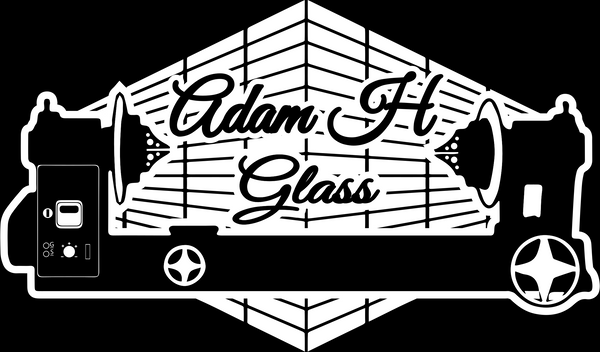Why CBD Oil Might Not Be as Effective as You Think
Often, you'll see CBD sold in tincture bottles in the form of edible oil-based liquids. Oils are an efficiently binding and shelf-stable carrier for CBD, which makes manufacture and distribution incredibly low cost. This widespread availability and affordability have contributed to the booming popularity of CBD products. However, there’s a significant downside that many users quickly realize: the dose.
The Bioavailability Problem
One of the main issues that nearly all CBD users encounter is the compound’s low bioavailability when taken orally. Bioavailability refers to the amount of a substance that actually enters the bloodstream and has an active effect. For CBD oils, this rate is shockingly low, ranging from just 2% to 12%, with an average of about 6% for most people. This means that if you consume 100mg of CBD, your body may only absorb 6mg, significantly reducing its effectiveness.
This poor absorption rate occurs because CBD is fat-soluble, meaning it dissolves in fats rather than water. When ingested, it passes through the digestive system and is metabolized by the liver before reaching the bloodstream, a process known as the “first-pass effect.” During this process, a large portion of the CBD is broken down and eliminated, leading to the low bioavailability mentioned above.
Why High Doses Are Often Needed
Now understanding CBD's low bioavailability, many products recommend doses of 20-50mg per serving. However, research suggests that much higher doses are required to achieve the desired therapeutic effects. Clinical studies indicate that effective doses range from 600-1200mg for oral applications, especially for conditions such as anxiety, chronic pain, and epilepsy.
This discrepancy between recommended doses and clinically effective doses creates a gap in consumer expectations. Many people try CBD oil expecting quick relief, only to be disappointed by minimal results due to underdosing. This often leads to skepticism about CBD’s effectiveness, even though the problem lies in the delivery method rather than the compound itself.
The Cost of Inefficiency
To reach effective doses using standard CBD oils, consumers would need to take large amounts daily. This not only makes it challenging to achieve consistent results but also becomes prohibitively expensive over time. For example, a 1000mg bottle of CBD oil typically contains 30 servings of 33mg each. If clinical doses require 600mg or more, a single bottle would last less than two days, costing hundreds of dollars per month.
This high cost-to-benefit ratio is one of the main reasons users become frustrated or discontinue use. Despite investing heavily, they often don’t experience the desired effects, simply because they aren’t consuming enough CBD to overcome the bioavailability barrier.
The Current Market Gap
The current CBD market is not supporting the needs of consumers. Most products are marketed with misleading claims about dosage and effectiveness. Brands highlight the total milligrams of CBD in the bottle but rarely explain how much of that is actually absorbed by the body. This lack of transparency leaves users confused and dissatisfied.
Moreover, the industry is flooded with low-quality products that contain inaccurate CBD concentrations or harmful additives. Without strict regulations, it’s difficult for consumers to determine which products are genuinely effective and safe. This further exacerbates the issue of inconsistent dosing and unreliable results.
Choose Wisely for Maximum Benefit
As awareness of bioavailability grows, the CBD industry is likely to shift towards more efficient delivery systems. Consumers are becoming more educated about dosing and absorption, demanding products that provide real value for their investment. Brands that prioritize transparency, accurate dosing information, and innovative delivery methods will lead the market in the coming years.
The promise of CBD is immense, but its potential is limited by the inefficiencies of traditional oil-based products. If you’re considering CBD for therapeutic purposes, it’s essential to understand how bioavailability impacts effectiveness. Exploring alternative delivery methods and paying attention to dosing guidelines can make a significant difference in your experience.
The current CBD market may not fully support consumer needs, but as technology and research advance, more effective solutions are on the horizon. Until then, educating yourself and choosing high-quality products is the best way to maximize the benefits of CBD.

